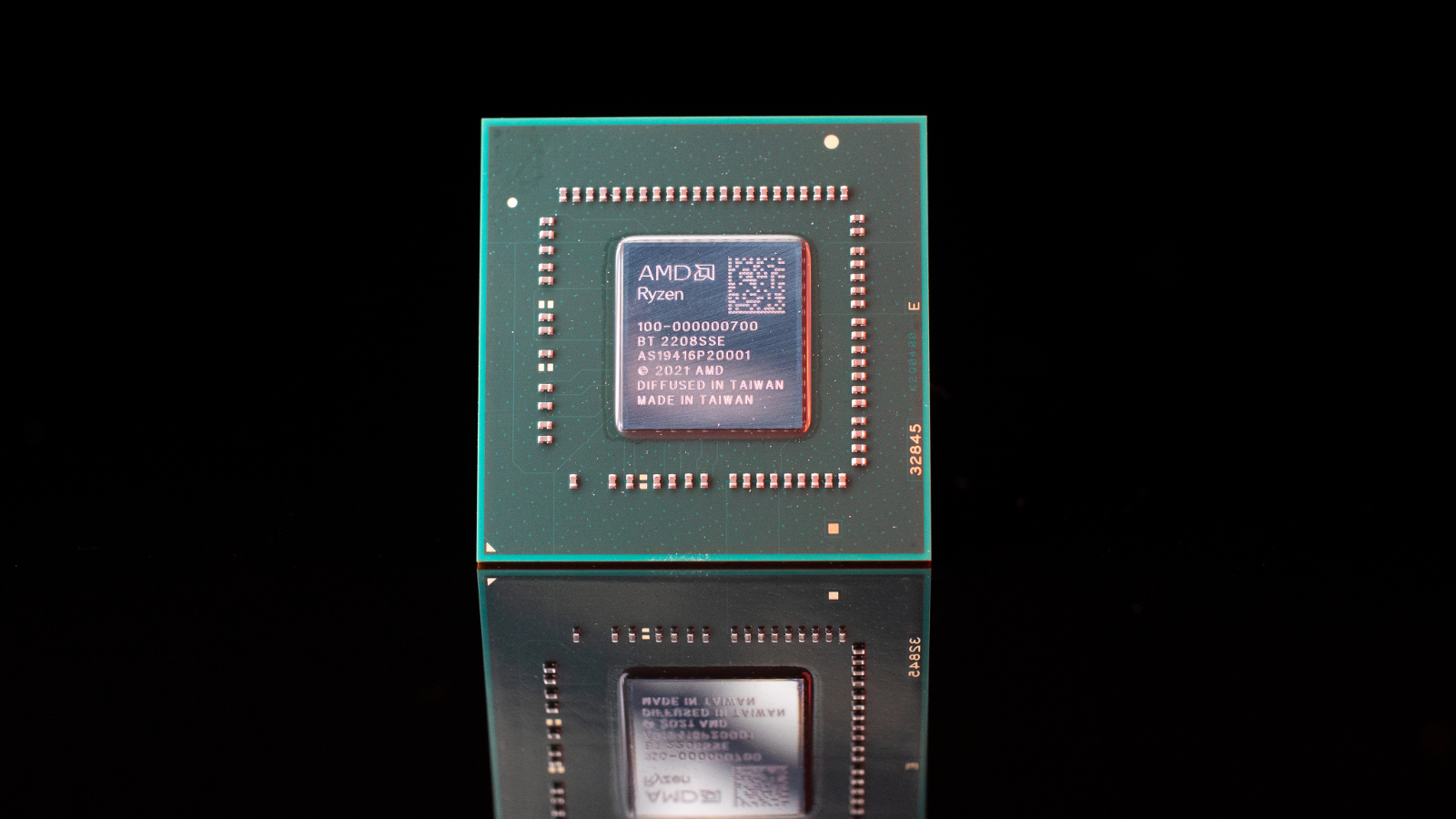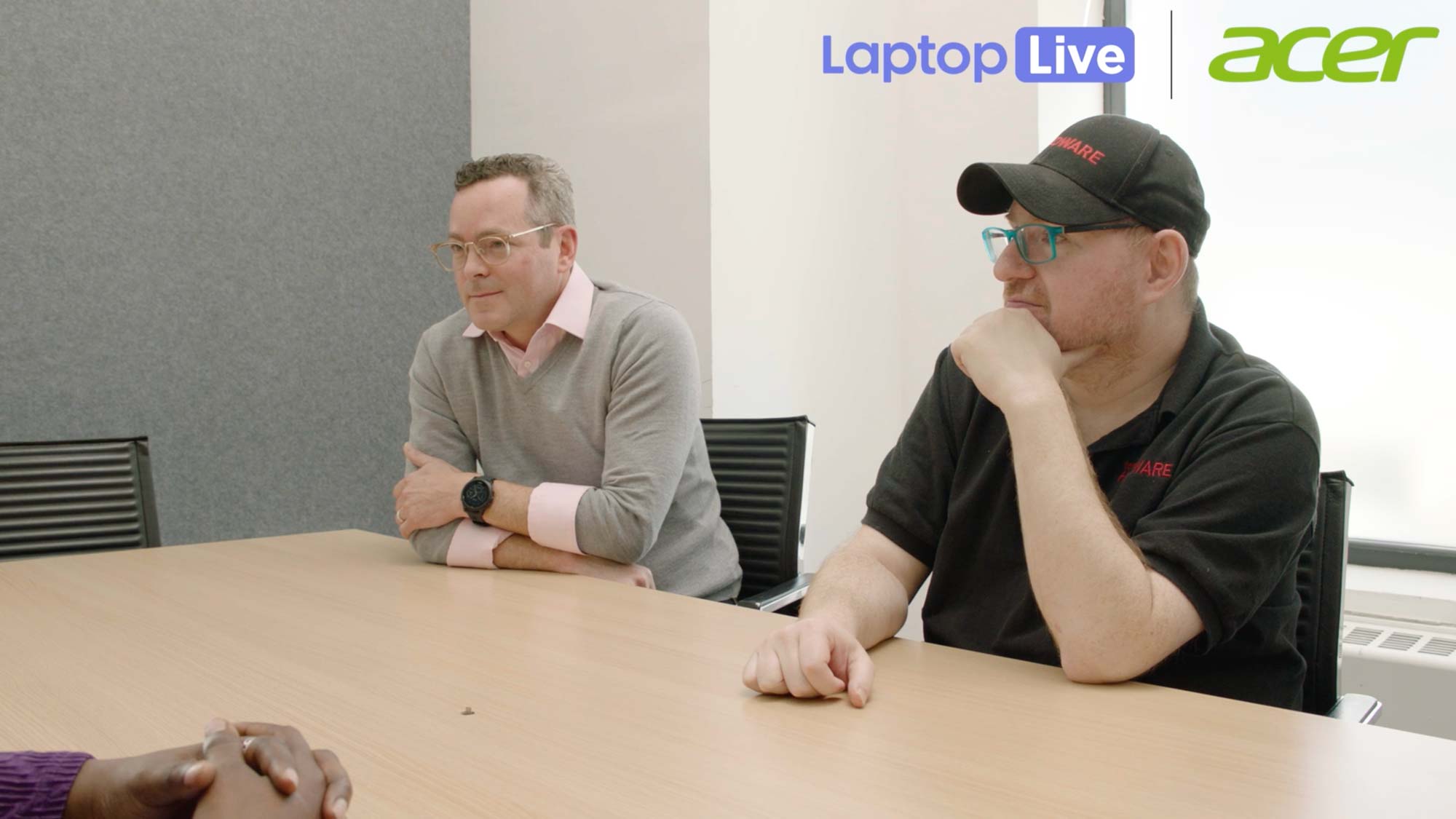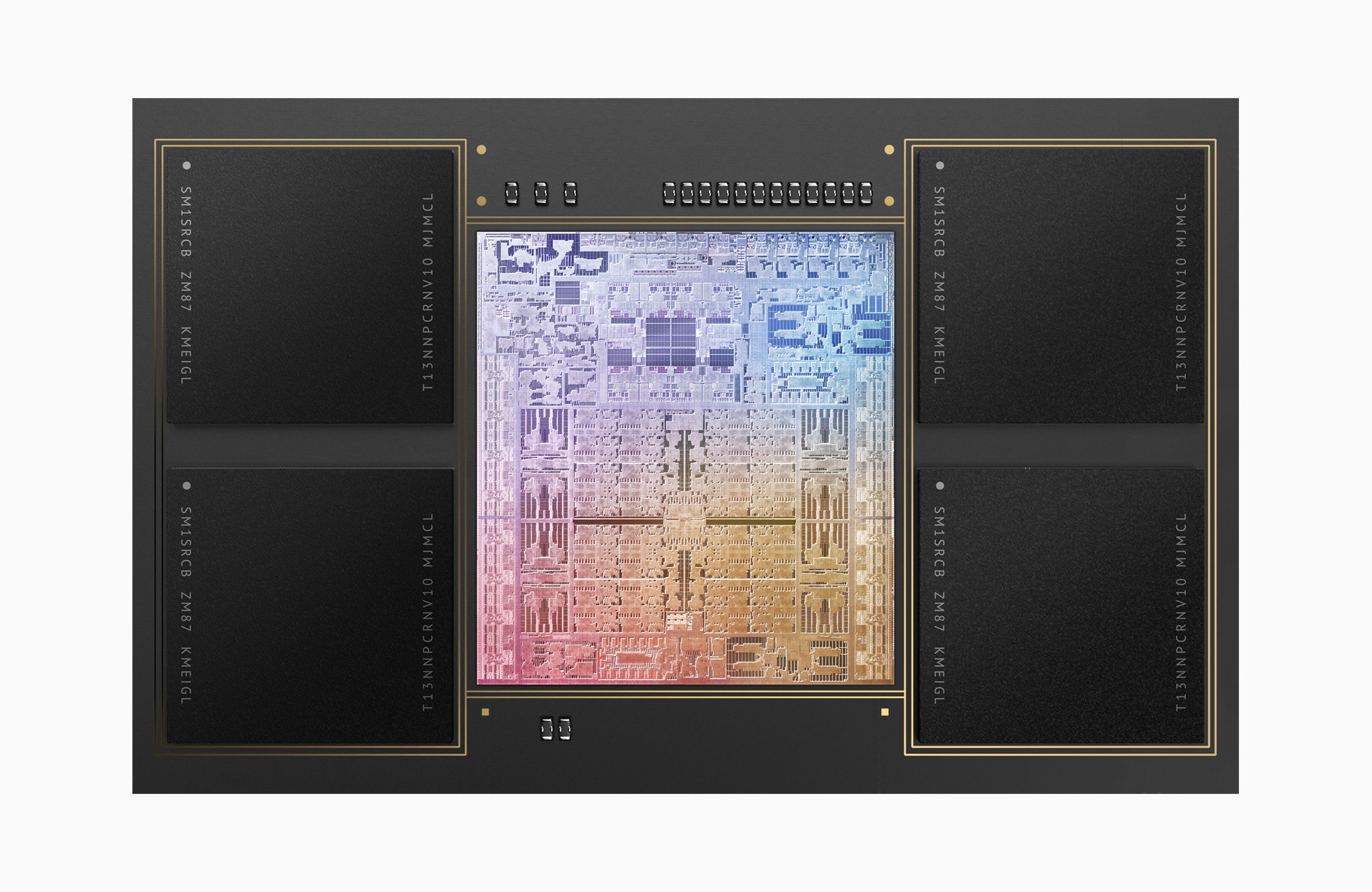Laptop Live 2022: State of the Industry
Four experts dishing about the winners and losers in the chip industry for 2022

Sign up to receive The Snapshot, a free special dispatch from Laptop Mag, in your inbox.
You are now subscribed
Your newsletter sign-up was successful
For the past week, Laptop Mag has been running our inaugural week-long event, Laptop Live. And while there were many aspects of laptops that we could celebrate, for our first time out, we wanted to do a deep dive on the thing that makes our laptops tick, the chips. So we’ve dedicated each day to an individual chip maker and how they’ve influenced the industry in the past and their current standings. We’ve also done a little bit of prognostication and speculated where each company can win a few years down the line.
But so far, it’s only been Laptop Mag staffers that have been having all the fun, and that’s really not fair. So we reached out to some trusted experts on our sister sites to ask them their opinions on the current state of the industry in innovation, value, market share and more and boy, did they have plenty to say –– all of which can be seen in the embedded video.
But if you want a TL;DR version of the discussion, read below to see what Laptop Mag's Editor in Chief, Sherri L. Smith in conversation with TechRadar's Computing Editor, John Loeffler; Editor in Chief of Tom's Hardware, Avram Piltch; and Jeremy Kaplan, Content Director at Future had to say about some of the biggest chip makers in the industry.
When we asked who’s currently winning in the space, AMD and Intel were immediately brought into the conversation by Loeffler who called out the former’s new 7000 series chips and the latter’s recently launched Raptor Lake chips, specifically calling out the Intel 13600K. Piltch agreed, speculating that we’ll likely see better gaming performance from Intel as the chips will probably have higher clock speeds.
He went on to say that, “They can reserve more power because they have a combination of performance cores and efficiency cores so they can spend more of the thermal budget on performance when it's time to game. But if you want to do productivity work or you want to do something that's multi-threaded, you'll probably get better performance out of AMD because you'll get more threads and all of the cores are equivalent to each other. So when you say you've got, you know, 10 cores, you've really got 10 cores, not, you know, four cores, and then six efficiency cores.”
Ultimately, Piltch felt that Intel would have a slight lead in terms of gaming. Meanwhile, Smith noted AMD’s improvement in the mobile space over the years in terms of CPU. But when it came to graphics, Piltch noted that while Nvidia continues to enjoy a huge market share, that AMD could end up being the better value, citing the Nvidia’s new Lovelace cards that are priced at $1,499 for the RTX 4090, $1,199 for the RTX 4080 with 16GB of VRAM and $899 for the 4080 with 12GB of VRAM.
Smith went on to ask which company has been the most innovative this year and Loeffler cited AMD with its new 3D V-cache, a packaging technology that stacks additional layers of cache on top of a CPU. Essentially, that means that instead of placing the cache next to the processor, it’s placed on top, allowing the company to squeeze out more performance without having to build a huge chip. AMD is claiming up to 15% better performance. Conversely, Piltch pointed out the 4090’s ability to play 4K games on ultra settings. However, he felt that there’s been a backslide on innovation in the mobile space from both companies.
Sign up to receive The Snapshot, a free special dispatch from Laptop Mag, in your inbox.
Smith disagreed, pointing out that both companies rolled out software to help gamers stream and conduct video chats better. She also mentioned that Qualcomm is making strides by powering the Meta Quest 2 and upcoming Meta Quest Pro.
Later on, the conversation turned to ARM and how they and Apple threw the industry for a loop with their M-series chips. Kaplan begrudgingly gave Apple and ARM their props.
“I'm the first to poo poo Apple. I don't think they do a lot of innovative stuff. And I'll say it on camera…That seems like if we're talking innovation, I give the crown over to Apple. And like maybe it's because the platform is smaller and there's less need for supporting a wide array of chips and whatnot, but they really tailored it and they did it right. Like they made incredibly fast chips.”
Loeffler reflected on an op-ed piece he wrote on TechRadar, stating that Apple is the future of PC gaming, much to the chagrin of the rest of the panel. But he went on to explain that the idea of a system on a chip works for most game developers because they know what they’re developing for unlike PCs that can have a range of CPU and GPUs to consider when it comes to performance. He essentially likened Macs to consoles like the PS5 and Xbox Series X.
It was definitely a compelling argument. But Piltch, defending many PC gamers' love of DIY stated, “...[T]he birth of ARM is the death of fun.”
For more deep insights and spicy takes, be sure to watch Laptop Mag’s Editor’s Panel for our first ever Laptop Live.

Sherri L. Smith has been cranking out product reviews for Laptopmag.com since 2011. In that time, she's reviewed more than her share of laptops, tablets, smartphones and everything in between. The resident gamer and audio junkie, Sherri was previously a managing editor for Black Web 2.0 and contributed to BET.Com and Popgadget.



